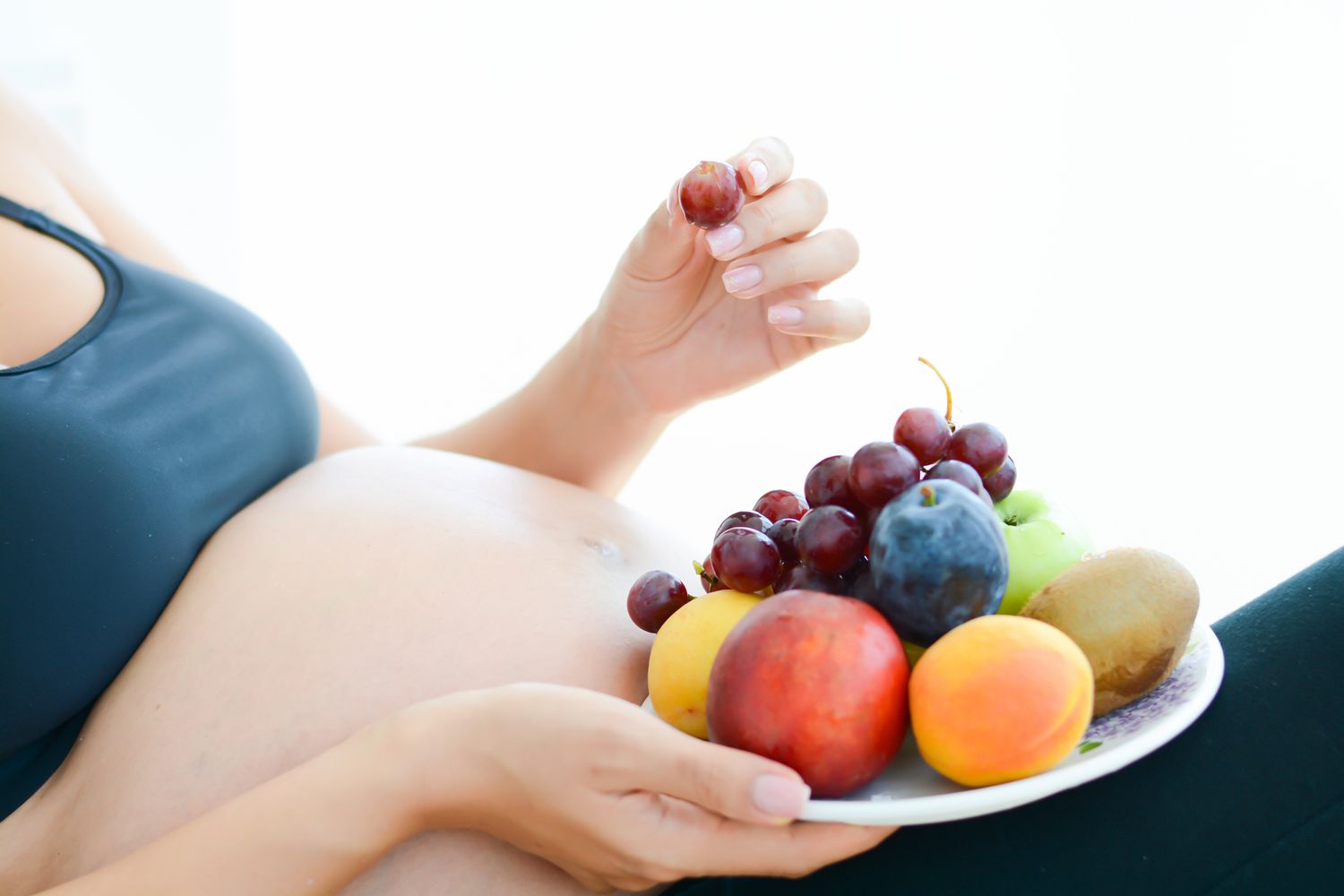Pregnancy Nutrition: Optimal Diet and Food Chart for the First Trimester
Nurturing Your Pregnancy with Proper Nutrition
Congratulations! You’re embarking on an incredible journey of motherhood. As you navigate through the miraculous experience of pregnancy, it becomes essential to prioritize your health and well-being, especially during the first trimester. One key aspect of a healthy pregnancy is maintaining optimal nutrition. In this blog, we will delve into the topic of “Optimal Nutrition in the First Trimester: Food Chart and Diet Tips” to guide you in making informed choices for yourself and your growing baby.
The Importance of Balanced Nutrition during Pregnancy
During pregnancy, your body undergoes significant changes to support the development and growth of your baby. Adequate nutrition plays a vital role in ensuring a healthy pregnancy, from reducing the risk of complications to supporting the baby’s growth and development. A balanced diet provides essential nutrients, vitamins and minerals required for both you and your baby’s well-being.
What to Eat During the First Trimester: A Food Chart
Ensuring a well-rounded diet during the first trimester is crucial. Here’s a food chart to help you make informed choices:
| Food Group | Recommended Servings |
| Fruits and Vegetables | 5 or more servings per day |
| Whole Grains | 6-8 servings per day |
| Protein | 3 servings per day |
| Dairy Products | 3 servings per day |
| Healthy Fats | Limited, choose wisely |
| Fluids | At least 8 cups per day |
Remember, the key is to eat a variety of foods from each group to ensure you’re getting a wide range of nutrients.
Optimal Nutrition in the First Trimester: Diet Tips
To maximize your nutrition intake during the first trimester, consider the following diet tips:
- Include a Rainbow of Fruits and Vegetables
Fruits and vegetables are packed with essential vitamins, minerals and fiber. Aim to incorporate a colorful array of fruits and vegetables into your daily meals. Whether it’s leafy greens, berries citrus fruits, the variety ensures you’re getting a wide range of nutrients.
- Embrace Whole Grains
Opt for whole grains such as brown rice, whole wheat bread and oats. These provide fiber, B vitamins and minerals. Whole grains can help regulate digestion and maintain stable blood sugar levels.
- Prioritize Protein
Protein is the building block for your baby’s growth. Include lean sources of protein like chicken, fish, legumes and tofu in your diet. They provide essential amino acids required for your baby’s developing cells and tissues.
- Don’t Forget About Dairy
Dairy products like milk, cheese and yogurt are excellent sources of calcium and vitamin D. These nutrients support the development of your baby’s bones and teeth. Opt for low-fat or skim varieties to keep your saturated fat intake in check.
- Healthy Fats: Choose Wisely
While healthy fats are important, it’s essential to choose them wisely. Include sources like avocados, nuts, seeds and olive oil in moderation. These provide omega-3 fatty acids and other essential nutrients necessary for your baby’s brain development.
- Stay Hydrated
Hydration is crucial throughout pregnancy. Drink at least 8 cups of water or other hydrating fluids per day to support your body’s functions and prevent common pregnancy complications such as constipation and dehydration. Staying hydrated also promotes healthy blood circulation and helps with the development of the placenta.
Foods to Avoid during the First Trimester
While it’s important to focus on the foods you should include in your diet, it’s equally crucial to be aware of foods that should be avoided during the first trimester. Here’s a list of foods to steer clear of:
- Raw or Undercooked Seafood: Raw or undercooked seafood, including sushi, oysters and shellfish, may contain harmful bacteria and parasites that can cause foodborne illnesses.
- Unpasteurized Dairy Products: Unpasteurized milk and dairy products may contain harmful bacteria such as Listeria, which can lead to infections and pose a risk to the developing baby.
- Deli Meats and Hot Dogs: Deli meats and hot dogs may be contaminated with Listeria as well. It’s best to heat them thoroughly before consuming them to eliminate any potential bacteria.
- High-Mercury Fish: Certain fish, such as sharks, swordfish, king mackerel and tilefish, tend to have high levels of mercury. Excessive mercury intake can harm the baby’s developing nervous system.
- Raw or Undercooked Eggs: Raw or undercooked eggs may contain Salmonella, a bacteria that can cause food poisoning. Avoid dishes like homemade mayonnaise mousse sauces that contain raw eggs.
- Caffeine: While moderate caffeine intake is generally safe, it’s advisable to limit your caffeine consumption during pregnancy. High levels of caffeine have been associated with an increased risk of miscarriage and low birth weight.
- Alcohol: Alcohol should be completely avoided during pregnancy as it poses severe risks to the baby’s development and can lead to fetal alcohol syndrome.
- Artificial Sweeteners: Some artificial sweeteners, like saccharin and aspartame, should be consumed in moderation or avoided altogether. Opt for natural sweeteners like honey or stevia instead.
- Highly Processed Foods: Highly processed foods, such as fast food, snacks and sugary beverages, are often low in nutritional value and can contribute to excessive weight gain. Choose whole, unprocessed foods whenever possible.
- Unwashed Produce: To minimize the risk of bacterial contamination, thoroughly wash all fruits and vegetables before consumption.
Remember, it’s always best to consult with your healthcare provider for personalized dietary recommendations and any specific concerns you may have.
Summary
The first trimester of pregnancy is a crucial time for the development and growth of your baby and providing optimal nutrition is essential. By following a balanced diet that includes a variety of fruits, vegetables, whole grains, lean proteins and dairy products, you can ensure that you and your baby receive the necessary nutrients for a healthy pregnancy.
It’s important to include a rainbow of fruits and vegetables, embrace whole grains, prioritize lean sources of protein, and include dairy products for calcium.

